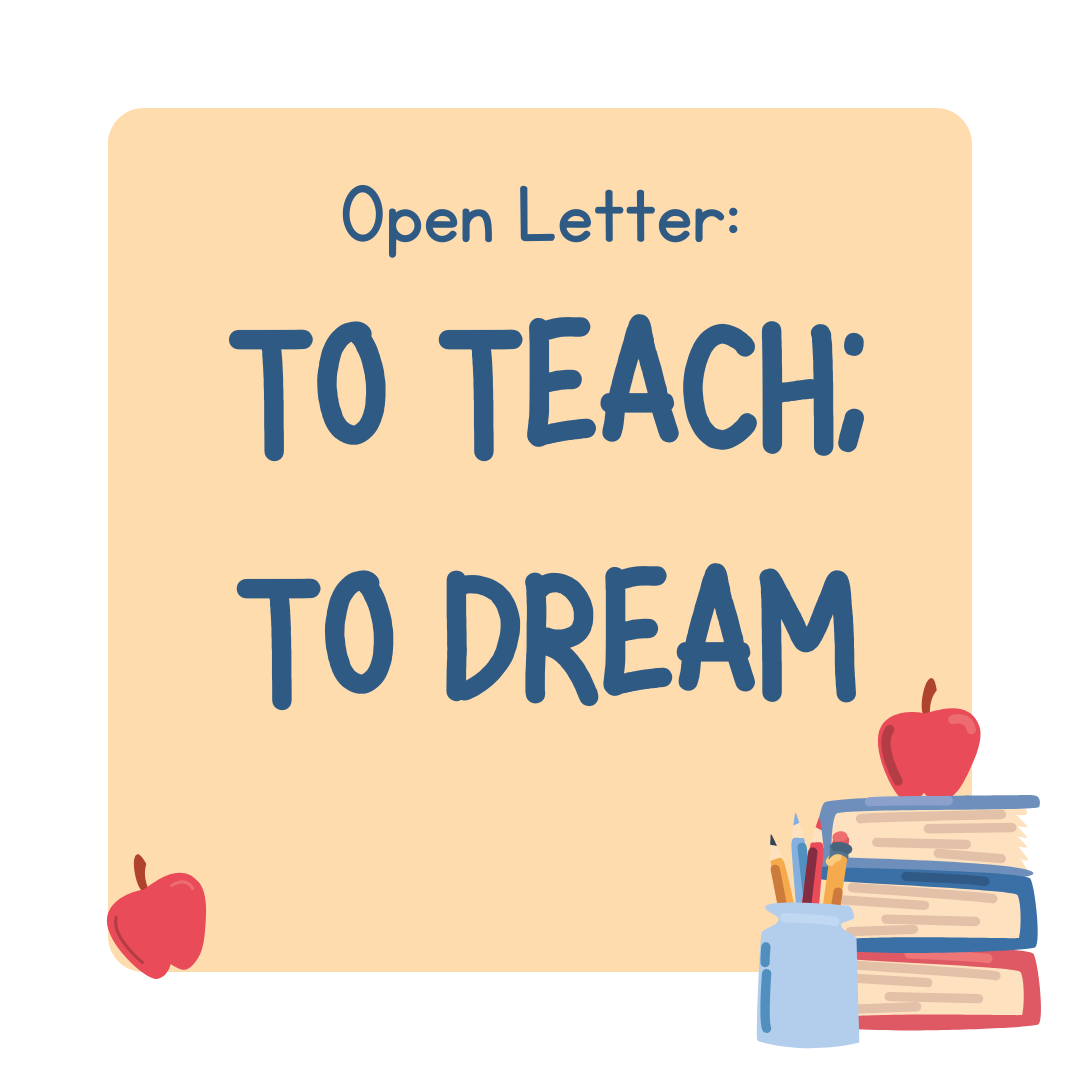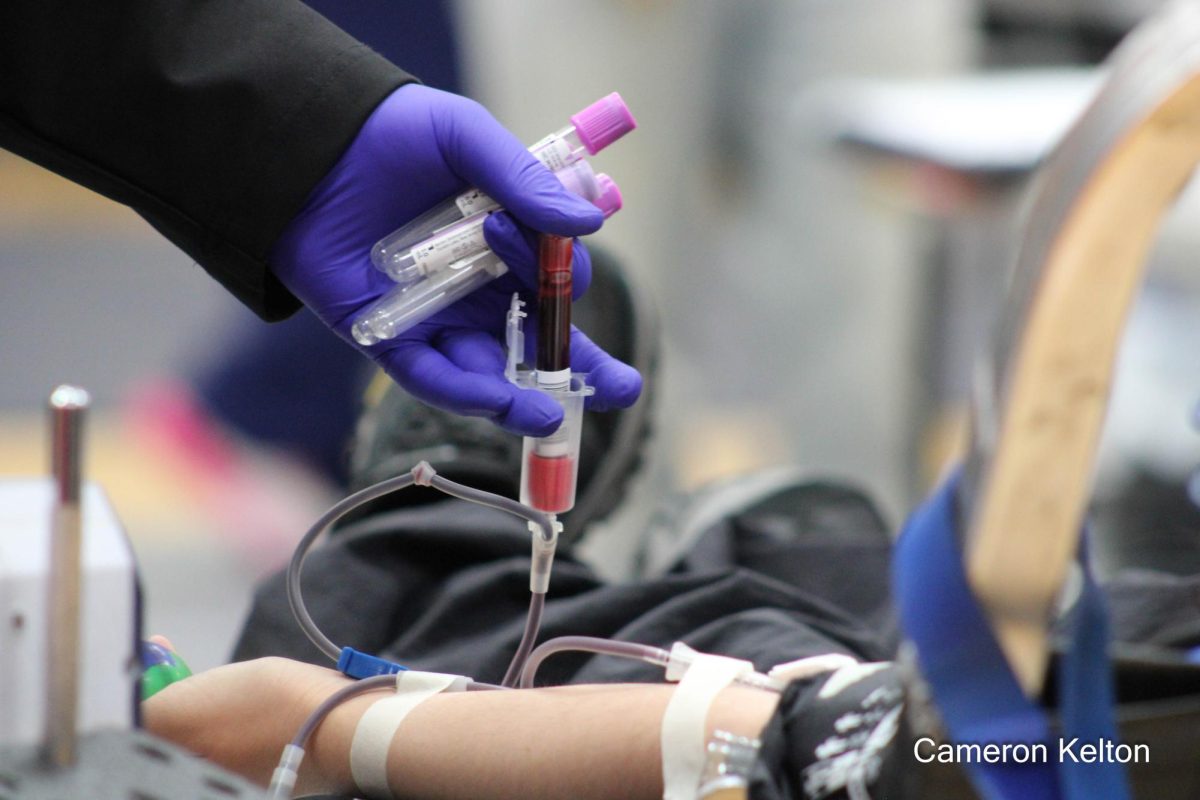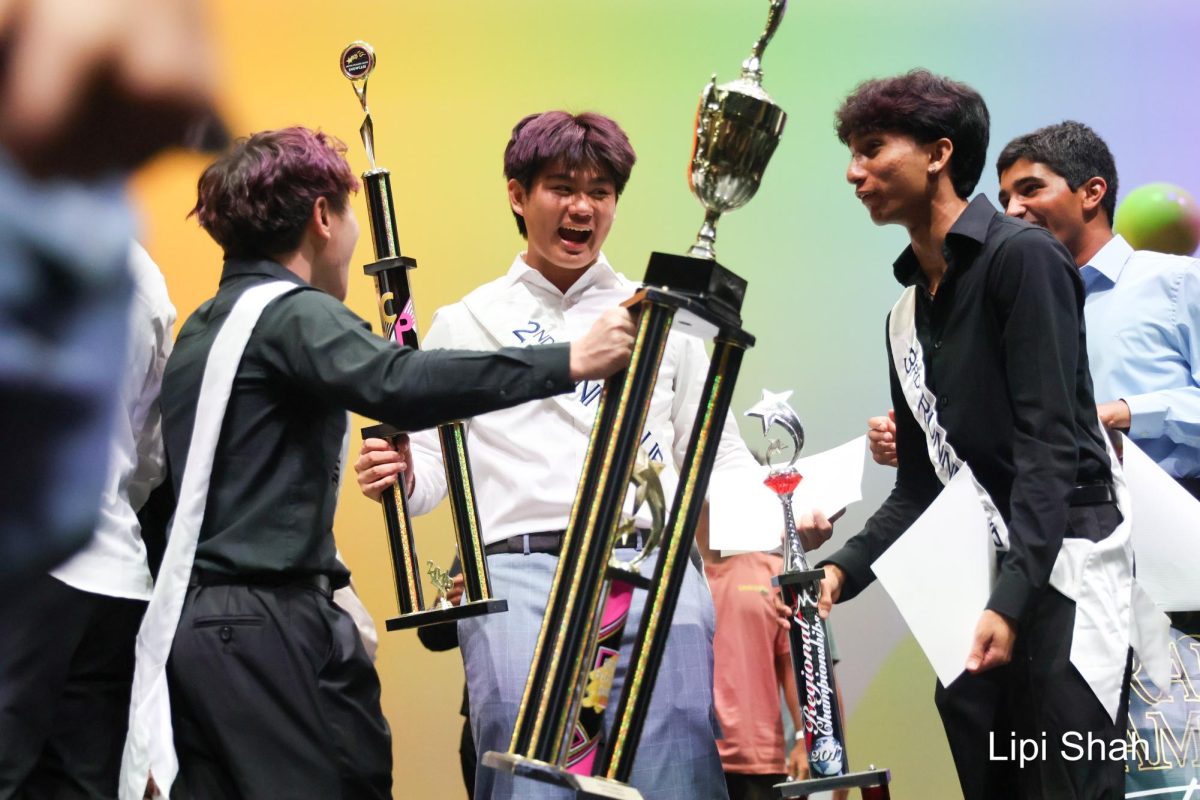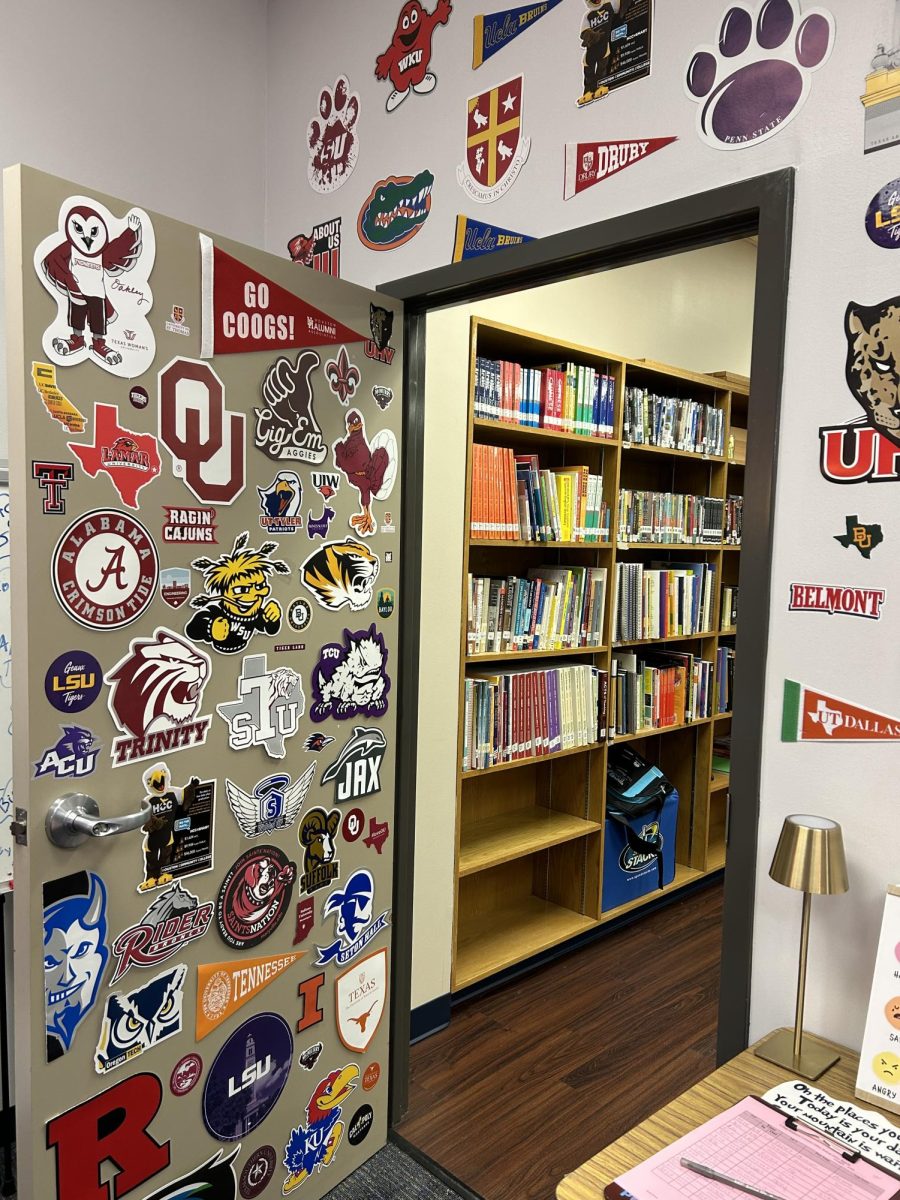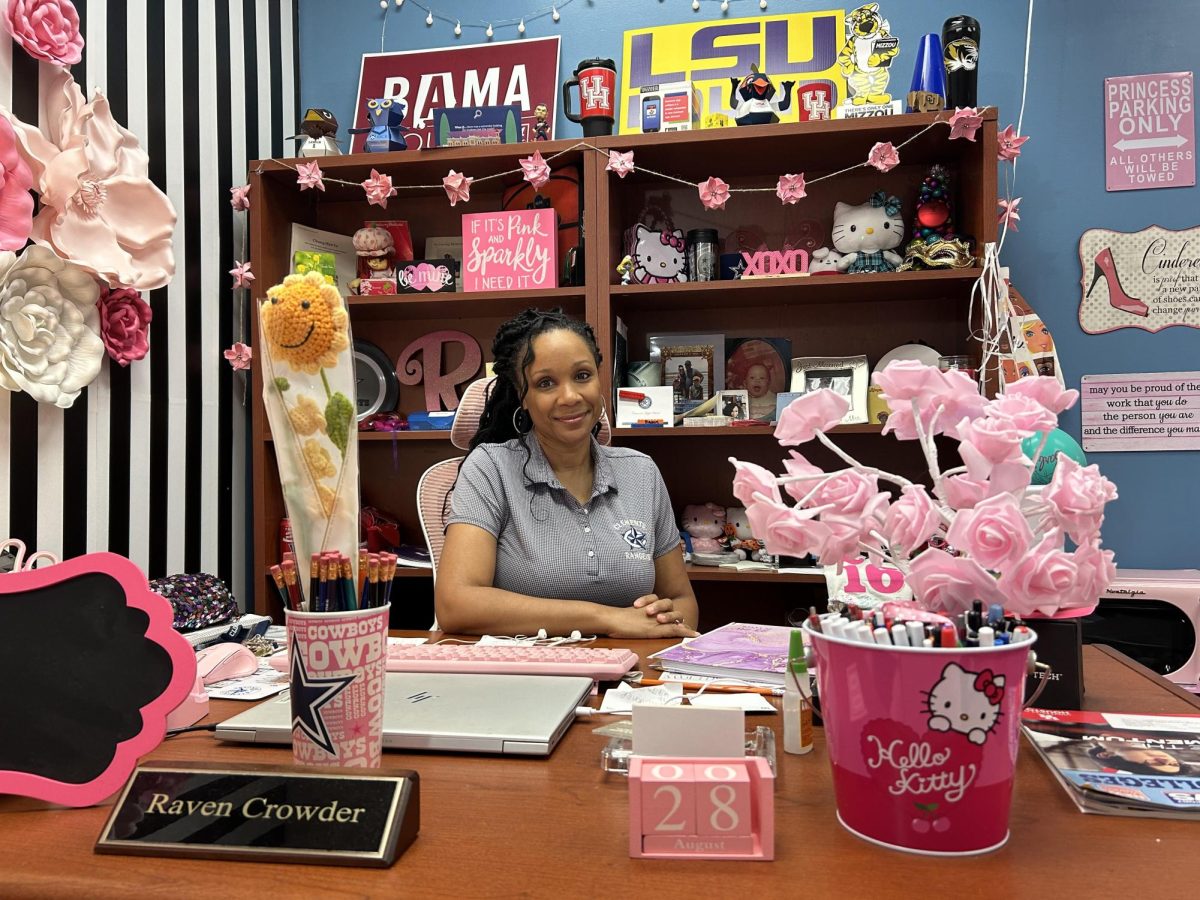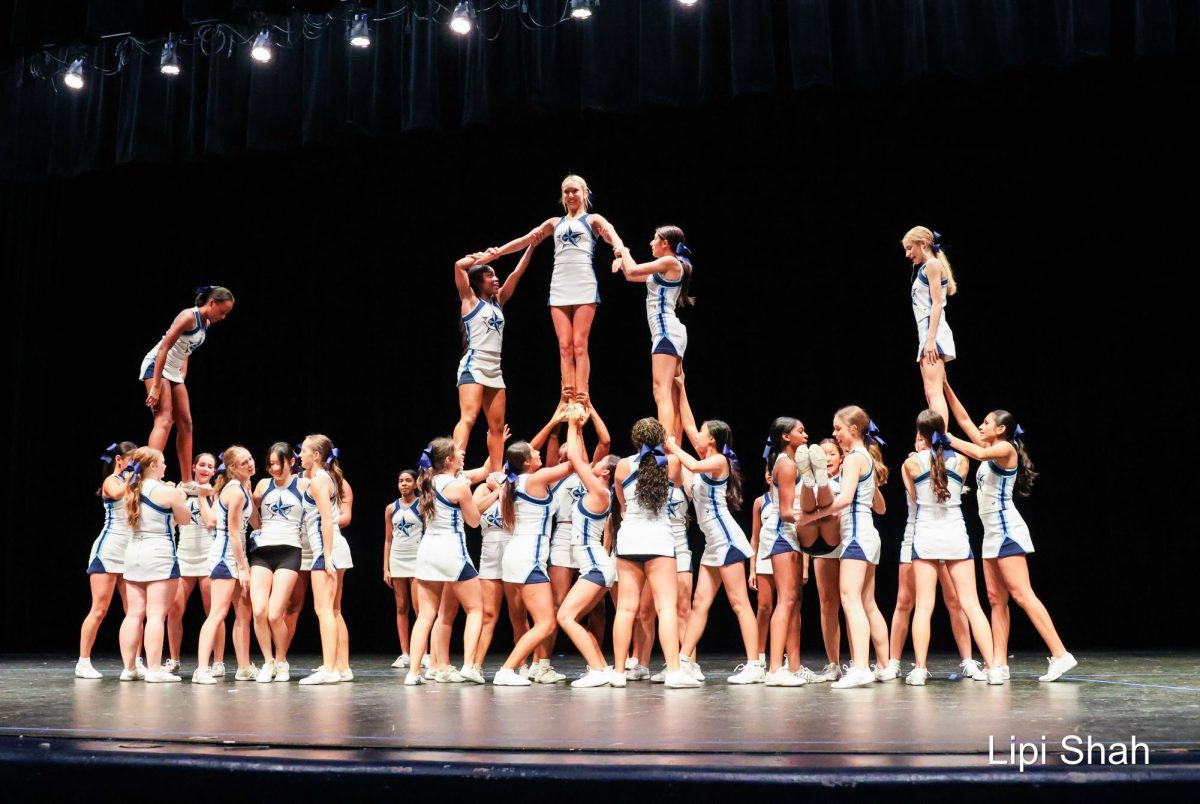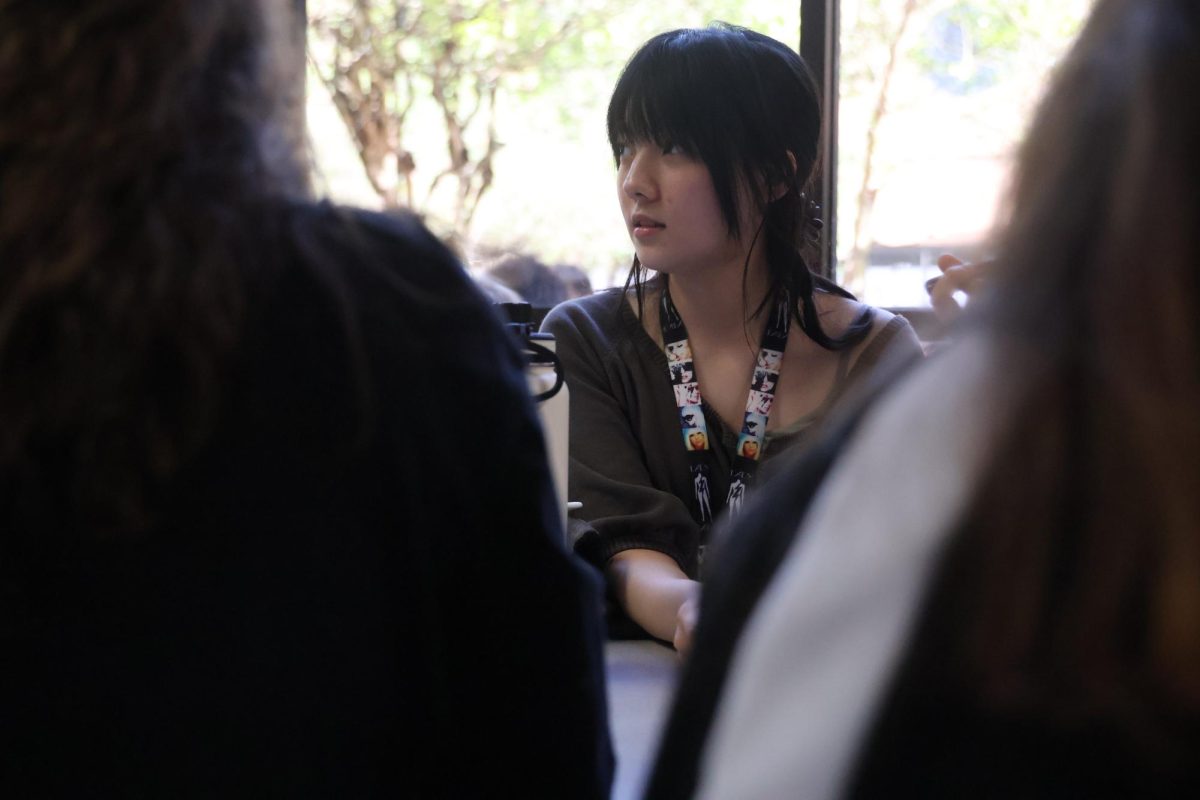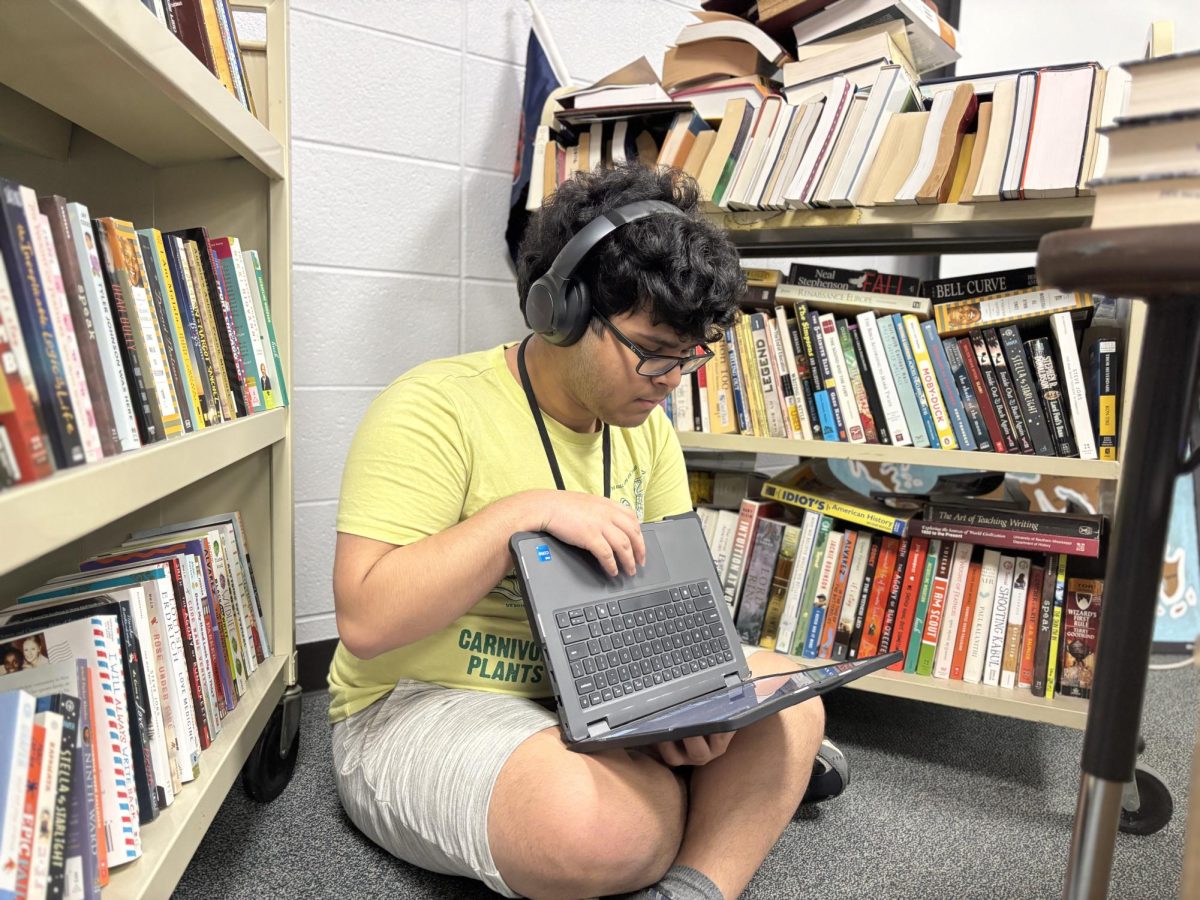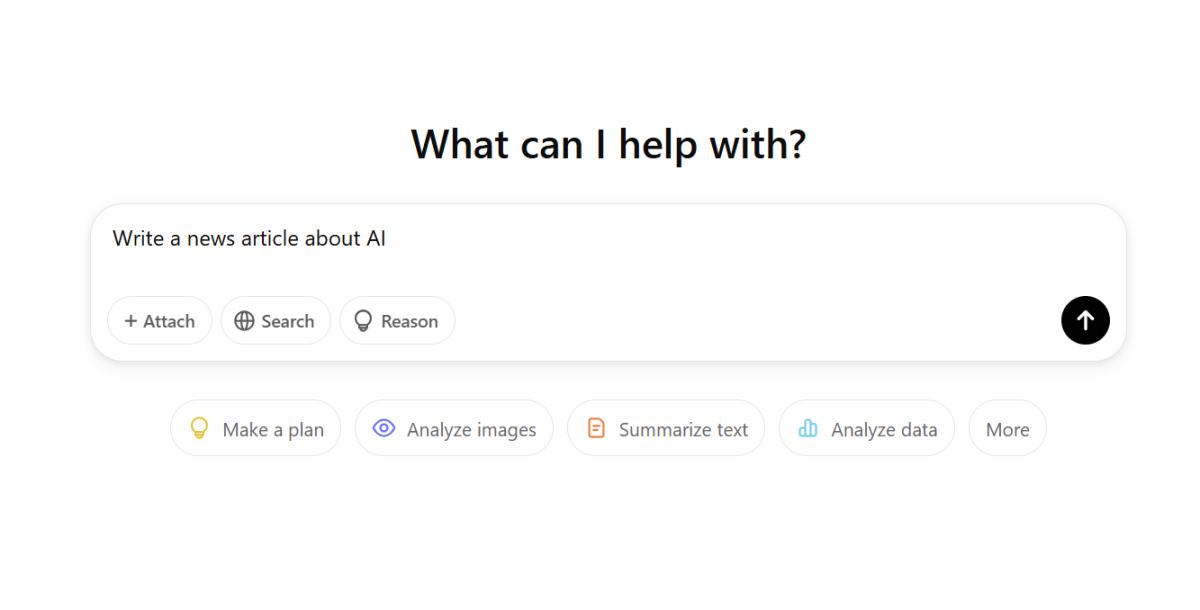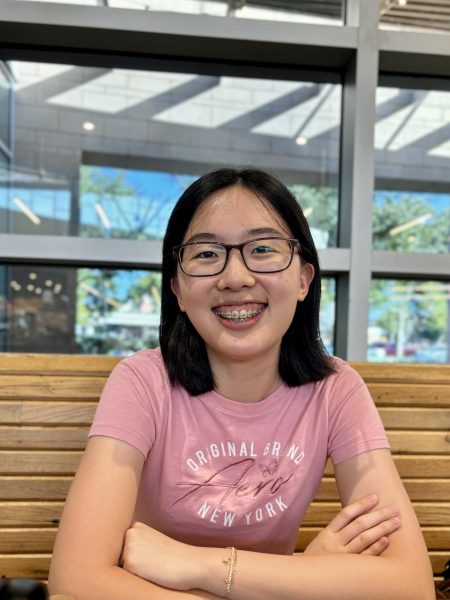Dear teachers,
Would it be trite to start with a “thank you”? You are perhaps one of the biggest influences on all of our lives as children, both by the literal teaching that you do and by the more subtle lessons you impart. Yes, you may teach us how to integrate trigonometric functions and write literary analysis essays, but you also teach us how to be people – to swallow the bitter tang of failure and to rejoice after a hard-earned success; to listen and respect, and to speak up and question; to be people, ultimately, human in every sense of the word.
—
I still remember my first Socratic Seminar. It was in sixth grade, and there we were, middle schoolers attempting to listen while barely constraining ourselves from blurting out our thoughts all at once. Respect one another, my teacher told us.
We tried.
Years later, after the pandemic threw the world into turmoil, my second Socratic was conducted with masks on and a major grade looming. Build off of each other, my teacher instructed.
We were probably halfway there.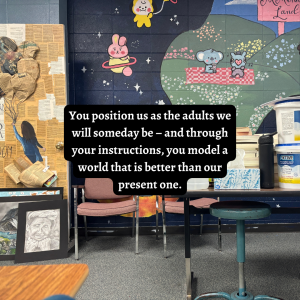
Those guidelines of mutual respect have endured with each successive Socratic. But in that blurred transition, respect has morphed from an instruction to an instinct, and perhaps that was your goal all along. You position us as the adults we will someday be – and through your instructions, you model a world that is better than our present one.
—
In many ways, your classroom is a microcosm of society. There, we first practice who we are, and dare to dream of who we would like to become. Are we writers? Do we love or hate biology? What do we want to learn more about? As much as we may have preconceived notions about who we are, your teaching is a subtly powerful guiding hand. It is impossible to be indifferent to the intricacies of foreign languages or the details of math after being on the receiving end of your love for each subject – together, the composite of the stories you tell is a love for this world in its entirety.
—
Despite reading voraciously in my elementary school years, I never thought I was a good writer – that is, until you told me differently. I remember vaguely the compliments of my first-grade teacher during writing practice, but it was sophomore year, in English II AAC, that was a true turning point. In flourishes of purple pen, my teacher wrote It is a privilege to read your writing. How curious, that what we refuse to see within ourselves can be coaxed out with just a few words.
Maybe it was “The Joy Luck Club” or “The Great Gatsby” that finished the job, or maybe it was just those intangible fragments of faith that finally pieced together the writer and journalist I call myself today. Courage is not borne out of a void – without an invitation into this magnificently colorful world, all of us would stay in the black-and-white recesses of our fears.
—
Teaching may be your job, but you make it so much more than that. Thank you for opening your classroom far earlier than the 7:30 bell, and keeping it open far later than the 2:45 bell, too. That space, with walls painted with a BTS mural or adorned with posters from Cambodia and Thailand, has been a second home. In that sacred space, we are students first and foremost, and the weight of everything else falls away. 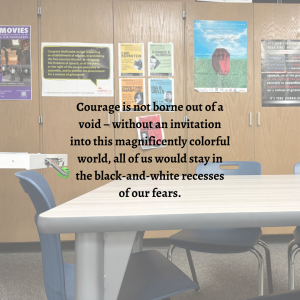
—
In fifth grade, I was set on becoming the scientist who would solve global warming, an aspiration that fueled my fifth-grade passion project and sixth-grade research paper. Gradually, those visions took on a new form – as I entered high school, I pictured my future self as an environmental journalist or a climate-forward politician. Still, those dreams are evolving.
We take our first baby steps toward those dreams in the shelter of the classroom. We write essays about government policies on clean energy or national currencies, rather than actually participating in politics; we calculate chemical reactions for a test instead of making them in a lab. We are spared the consequences of an ill-thought-out argument – errors cost us five points instead of our careers. Still, when you invite us to pursue excellence in our assignments, our efforts are inextricably intertwined with the development of our perspectives as citizens.
Each year that passes is one of anticipation for that day when we are deemed ready to assume the shape of our dreams. In that slow crawl forward, you push us to stand taller, until we may finally reach that long-awaited horizon.
—
Would it be trite to end with a “thank you?” Somehow, even after being heckled and talked back to and blatantly disrespected, you still manage to be kind and composed, to ask “How are you?” and to genuinely listen to the response. Thank you for believing in the best version of us, and for your invisible but invaluable guidance in our journey as students and people. All of it, I will carry with me.
All the best,
Your student
With special thanks to Mrs. Glenys McMennamy, Mrs. Faith Orsargos, and Mr. David Clayton.

